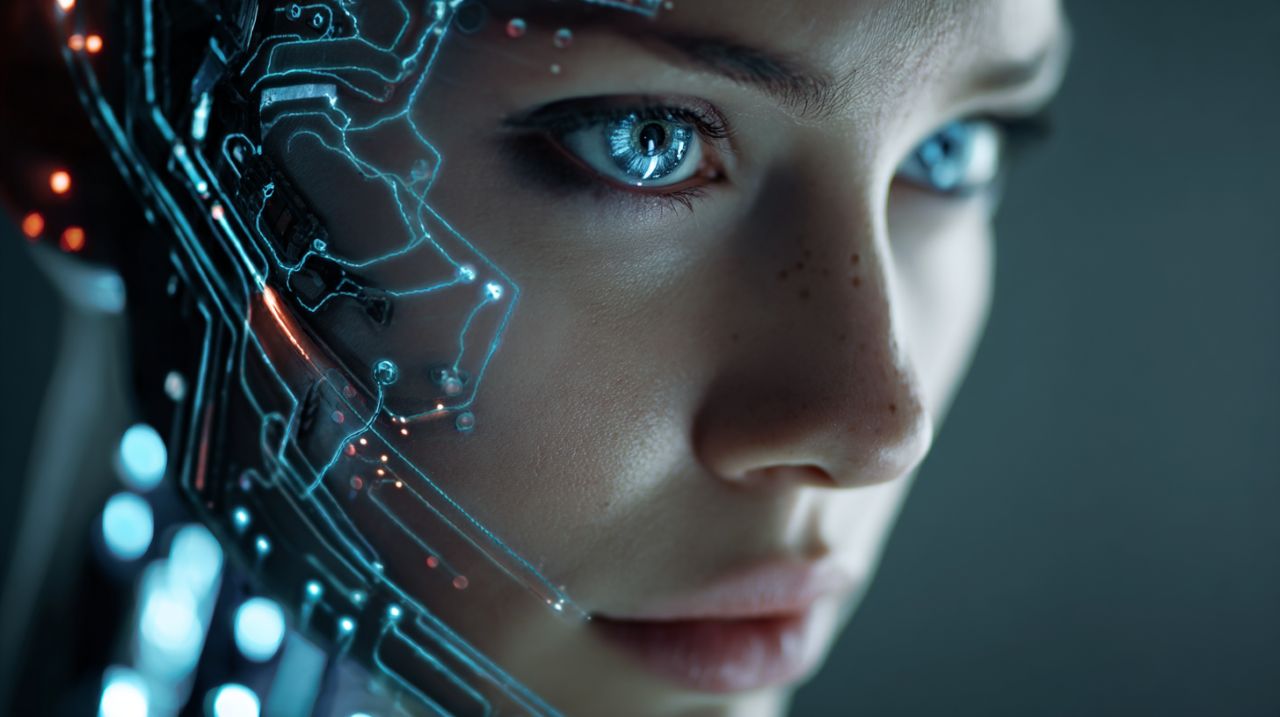
Have you ever read a text and caught yourself wondering, “Hmm, this was definitely written by a human. Or maybe not?”
That’s exactly the point. Today, artificial intelligence doesn’t just write — it writes so well that you stop noticing the difference.
What you’re reading isn’t a robot’s output but feels like a real conversation partner. This phenomenon is known as undetectable AI — artificial intelligence that has mastered the art of being invisible. Almost human.
When AI first started writing, it was easy to tell. The language was dry, sentences were predictable, and the tone was flat. The texts were neat but lifeless — like reading a well-structured manual. Everything was clear, but the experience was dull.
Now, things have changed dramatically.
Modern neural networks have become more sophisticated, smarter, and sensitive to nuance. They know how to vary sentence length, pause where it makes sense. They can start sharply and finish softly — or the other way around. They imitate our thought processes, with all the hesitations, intonations, even metaphors. Sometimes, honestly, they do it too well.
So you read a paragraph — and don’t realize a machine wrote it. Because the text sounds just right. Human.
Why is undetectable AI important? Why should AI even try to be “undetectable”?
Because we are tired of artificial. We read hundreds of texts daily — on websites, in feeds, emails — and almost instantly sense when something is empty, just stretched words, lacking “life.” But when a text genuinely speaks to us — truly connects — we stop. We listen. We trust.
This is why undetectable AI matters. It helps create content that feels natural. Content that doesn’t repel but draws us closer.
For businesses, bloggers, journalists — it’s a chance. Not just to write faster, but to write more vividly, more precisely, closer to the reader. Without losing style. Without the feeling that a machine “just churned it out.”
Of course, honesty is essential here. Good AI isn’t a fake. It’s a tool. It doesn’t replace humans; it adapts to them. It’s not “for” you — it’s with you.
And yet… sometimes there’s a strange feeling. If a text moves you — and then you find out AI wrote it — it feels awkward? Or maybe surprisingly impressive?
Because if a machine has learned to write in a way that makes us feel something — maybe it doesn’t really matter who wrote it?
Maybe what truly counts is that the text works. That it feels real — at least in perception.
So here’s the question:
If you felt the meaning, if it touched you — does it matter at all that the author isn’t human?
